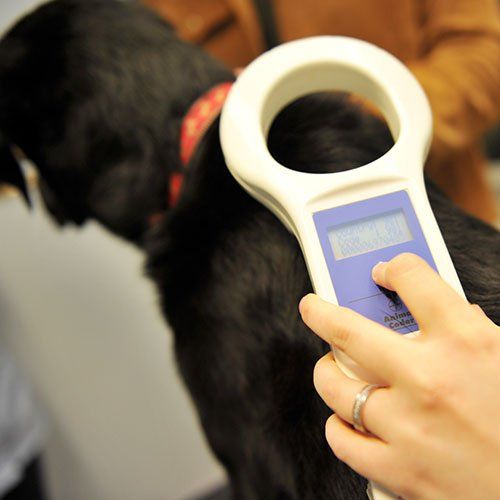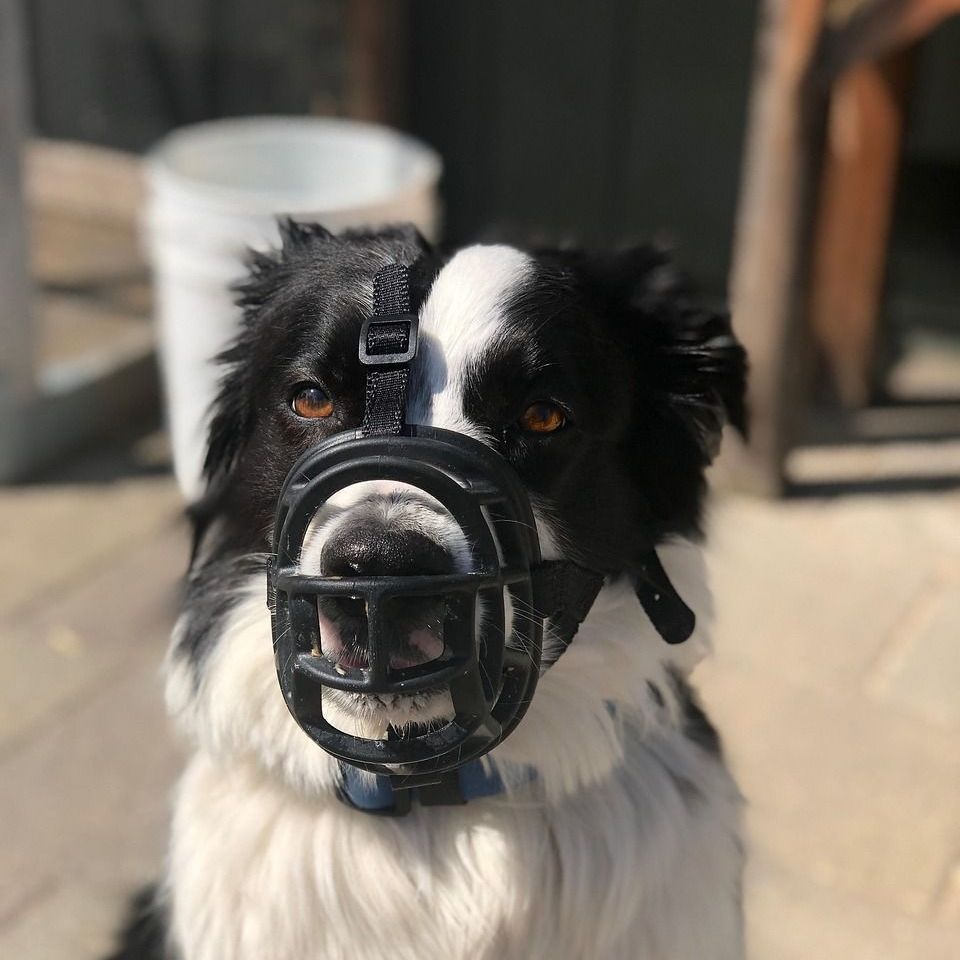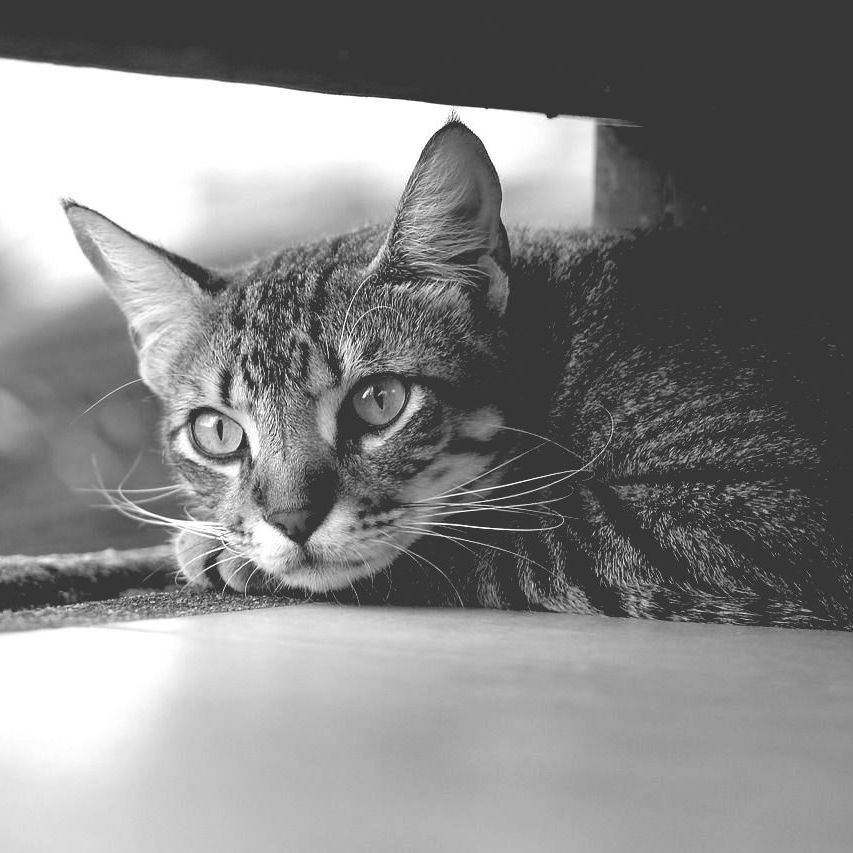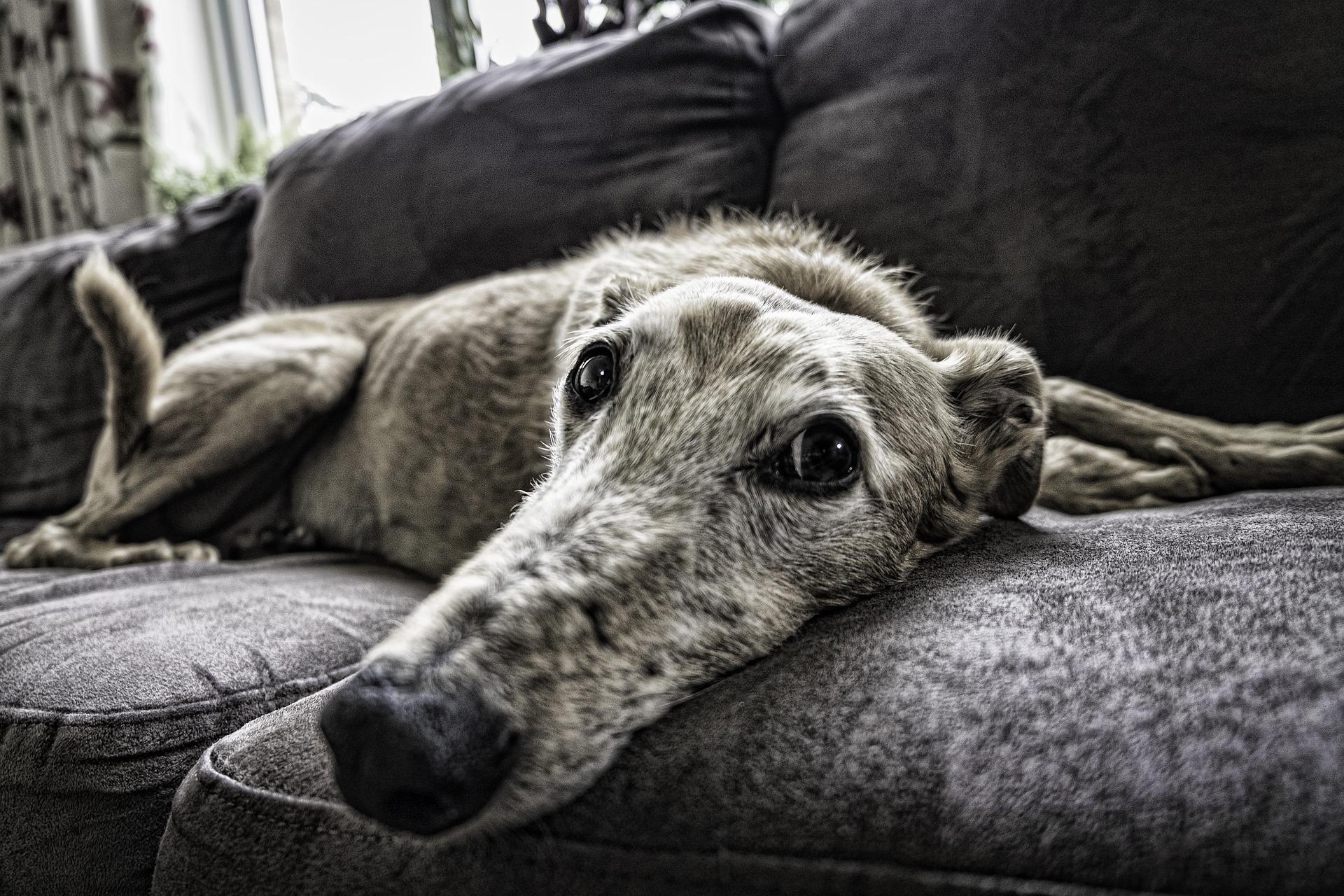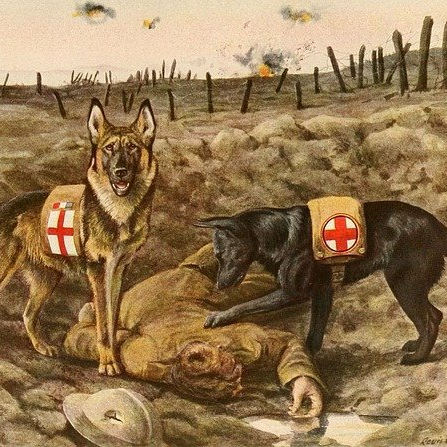Does Microchipping really make a difference?
We think it’s really important to microchip your pets… however, it’s a big needle and people sometimes worry about having it done. In this blog, we’re going to look at microchipping, what it is, how it works, and why it’s so important.
What is a pet microchip?
These are tiny little electronic devices (about the size of a small grain of rice) encased in biocompatible (i.e. pet-safe!) glass. Inside, it doesn’t contain a battery or a power source, just a passive radio-frequency transponder.
How do you use it?
The microchips are inserted under the skin, between the shoulder blades. To do so, we use a hypodermic needle very similar to that used for your pet’s routine vaccinations, just a little larger. Once under the skin, the chip stays there for life, doing its job! After the chip is inserted, it’s really important that you make sure your details on the microchip provider’s database are kept up to date. It’s these details that will allow us - or any vet - to trace you and reunite you if your pet goes missing.
How does it work?
This is the really elegant part. The chip doesn’t transmit a signal at all - it sits there doing nothing, being harmless until it receives a very weak radio signal from a scanner. This signal is far too weak to cause any harm (or indeed any measurable effect - it’s much, much weaker than a mobile phone signal, for example). The transponder then reflects back the radio-waves from the scanner, but in the process it modifies the signal slightly. The result is that the chip “echo” encodes a unique identification number, which the scanner then picks up. The vet, nurse or tech reading the scanner can then look up that unique ID number on the database (that, of course, you’ve been updating whenever you move or change your phone number). Once they find who the pet belongs to, they can call you to be reunited.
Why do we recommend it?
Because, sadly, pets do not always stay neatly where we want them!
The most common reason for pet loss is fear - for example, following a loud fireworks display, or a violent storm. A frightened dog or cat will often just run in a blind panic, and then find themselves in an area where they don’t know how to get home.
The second common reason is distraction, especially if you’ve taken them for a walk or a visit somewhere new and exciting. Everything’s so interesting they wander off - and before they know it, they can’t find you and you can’t find them.
Finally, there is the possibility of pet theft. It is uncommon, but it does happen occasionally. If a pet has a microchip that we can scan, we can determine who they really are, and you can take legal action to have them returned to you, their rightful owner.
What are the risks?
No medical procedure is without risks. In the case of microchipping, the chip is inserted with a large needle that may sting a little when inserted; in very small puppies or kittens, we may recommend waiting until they’re a bit bigger before implantation. Occasionally, there is a small amount of blood, especially on white-furred animals. This is minimised by our careful technique, but it can happen occasionally.
In rare cases, the chip may stop working over time - which is why we always like to check it every time you come in! - and very, very occasionally it may “migrate” or wander somewhere else in the body. However, with modern microchips, it is very unusual for the chip to move more than a few inches under the skin.
There have been one or two cases of poorly-trained people inserting microchips in the wrong place, and causing harm - this is why we would never allow anyone except a trained vet or vet nurse to implant a microchip. They know exactly what they’re doing, and the risk is virtually zero!
Is it worth it?
Definitely. This microchip is the only way that a vet somewhere else in the area will be able to identify who the stray cat or dog belongs to. It’s by far the best guarantee that even if your pet does wander off, they can be returned to you.
If you want to keep your pets safe and have them returned if they should escape or wander off, make an appointment to have them microchipped by one of our veterinary healthcare professionals!

